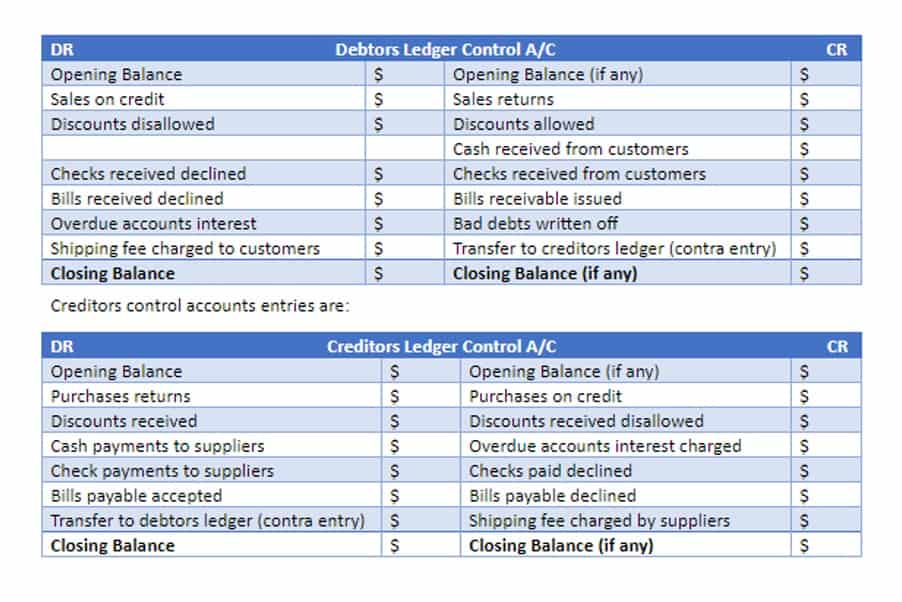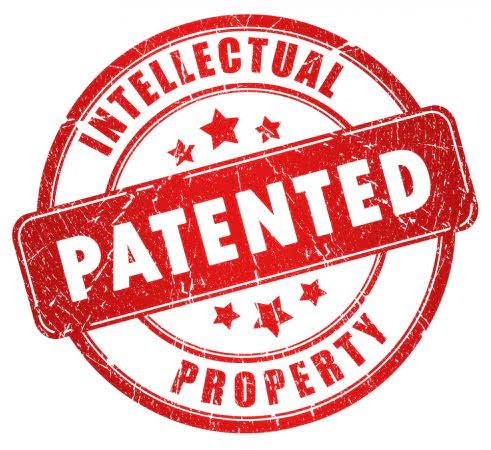
Despite their modest size, they add up and must be managed accurately to prevent budget overruns and maintain clean financial records. Miscellaneous expenses appear on your business’s income statement as the small transactions that don’t fall online bookkeeping into your defined business expense categories. They are grouped in the general ledger as ‘Miscellaneous expenses’, rather than being listed individually. A manufacturing company is faced with sudden changes in industry compliance standards, requiring immediate updates to their equipment to adhere to new environmental regulations. Self-employed individuals, and in certain instances, employees can claim back the cost of home office supplies on their income returns. Due to the COVID pandemic, the guidelines for claiming home office expenses have changed, as more people are shifting their workspace to their place of residence.
Related AccountingTools Course

You can deduct a portion of your utility bills, home repairs and maintenance, and casualty losses as a business expense. You may also be able to deduct the business portion of your rent or the interest paid on your home mortgage. In this article, we’ll take a closer look at some of the most common expenses the IRS accepts under the miscellaneous expense category. This includes impairment-related expenses necessary for work, such as costs for special equipment, attendant care, or other accommodations that allow the employee to complete their job tasks.
- This means every transaction is recorded accurately, and your financial records are always up-to-date, simplifying month-end reconciliations and reporting.
- Rent, insurance premiums, loan payments, and the like are some examples of fixed expenses.
- A line item with the miscellaneous expense designation is commonly used in the income statement, and aggregates the amounts of several minor expense accounts.
- Miscellaneous expenses refer to a number of unpredictable and assorted costs that fall outside the standard expense categories for businesses.
- However, when these expenses aren’t tracked or accounted for, they can add up surprisingly fast, straining the budget and reducing overall financial clarity.
essential business expense categories every finance professional must know

In case these expenses increase, then they need to be given a separate account. Another way can be to keep track of the expenses in order to identify a pattern of the expenses for adjusting the budget accordingly. Companies need to prioritise expenses and control any unnecessary spending to reduce miscellaneous expenses.
QuickBooks and Expense Tracking

They will not benefit your business in any way and hence, they are expelled from the list of tax deductible. Since miscellaneous expenses are unpredictable and do not offer any financial benefits, they are recorded as business spending, ultimately decreasing your net earnings. However, you can identify if those irregular expenses comply with the IRS guidelines.
Fees paid to outside legal professionals for helping your business comply with state laws and regulations are considered a miscellaneous expense. If you pay fees to a legal advisor miscellaneous expenses for helping you lodge a plea of income tax assessment, then also it will be counted as miscellaneous. The reason is miscellaneous expenses can reduce your taxable income if they are deductible and necessary to operate your business.
- Our experts suggest the best funds and you can get high returns by investing directly or through SIP.
- Further you can also file TDS returns, generate Form-16, use our Tax Calculator software, claim HRA, check refund status and generate rent receipts for Income Tax Filing.
- They can vary greatly between periods because they are generally not predictable.
- They can include various costs, such as travel expenses, consulting fees, and advertising costs.
Scale Your Business
The IRS requires documented evidence for every deductible expense to ensure it aligns with eligible categories. Fee-basis officials must also use Form 2106 to report their expenses, and these deductions can be claimed directly as adjustments to income rather than as itemized deductions. These “excess deductions” are passed on to the beneficiaries, including businesses, who can then deduct them as non-miscellaneous itemized deductions on Schedule A (Form 1040).
- But it’s important to know that miscellaneous expenses are not personal expenses and need to be kept track of separately when filing taxes or managing the finances of a business.
- For example, depreciation or depletion allowed on assets that produce investment income is an investment expense.
- These unique, small, and often irregular costs are classified as miscellaneous expenses.
- Miscellaneous expenses are those that do not fit into the categories of day-to-day operational costs.
- In that case, they may determine how much it would cost in licensing fees and upkeep costs compared to how much money it could save them in time, labor, and other resources.
If you have a home office, deduct your interest on your home mortgage as an expense related to the business use made from your home. Reservists who travel more than 100 miles away from home for duty can deduct travel-related expenses, including lodging, meals, mileage, parking fees, and tolls. The IRS previously allowed certain miscellaneous deductions up to 2% of adjusted gross income (AGI). Businesses can deduct the amortized portion of the premium each year, which reduces the taxable interest reported on their tax return.


Each of these examples represents costs that can support business operations but aren’t frequent or significant enough to fall into regular expense categories. Properly tracking and categorising these expenses helps businesses manage their finances precisely, ensuring these seemingly small expenses don’t add up to big surprises. Because they occur regularly, they have their own categories on the income statement. Periodic publications and subscription services such as business journals or industry-related courses fall under this misc category. Businesses keep various types of journals and ledgers for accounting purposes and financial record keeping.
Those itemized, miscellaneous business expenses must be compared to 2% of the gross income. Only the amount that exceeds that percent is eligible to be returned to the taxpayer, and this generally is not a large sum. At Alaan, we simplify expense management with AI-driven Bookkeeping for Painters tools that provide real-time tracking, categorisation, and reporting for all expenses—big or small. By automating record-keeping and enhancing financial transparency, we help your team stay on top of every transaction, making tax preparation and budgeting more straightforward. Miscellaneous expenses refer to a number of unpredictable and assorted costs that fall outside the standard expense categories for businesses. These expenses are financial wildcards, covering anything from ad-hoc office supplies to unanticipated maintenance work.